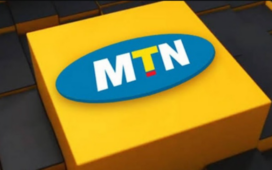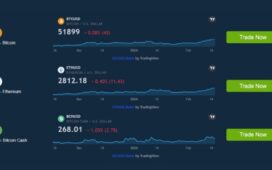
Image source: Getty Images
The investment case for National Grid (LSE: NG) often revolves around its dividend. As a utility, it has strong cash flow potential – and the company’s policy aims to increase the dividend annually in line with a leading measure of inflation. But that dividend focus does not mean the National Grid share price does not matter.
After all, if an investor buys a share and its price falls, he could end up making an overall loss when he comes to sell, even taking into account dividends received along the way.
Then again, the opposite could happen: an investor might end up making a capital gain thanks to share price growth, having also received dividends during the period of ownership.
I’m not expecting much from this share price
Still, over the past five years, the flagship FTSE 100 index of leading shares has risen 33%. By comparison, the 8% growth in the National Grid share price during that period looks underwhelming. What is going on?
I reckon the share price action has been underwhelming because, frankly, the business performance has been underwhelming. At a price-to-earnings ratio of 23, the share actually looks quite expensive to me for what it is.
The good points about National Grid as a business have not changed much in recent years. It operates what is essentially a monopoly network for energy distribution. That is a potentially very lucrative business with long-term customer demand.
But the less compelling parts of the National Grid business model have also remained true in recent years. Prices are regulated and, crucially, the capital expenditure required to maintain let alone develop the distribution network can be high.
So, I see no particular reason for the share to soar any time soon given that state of affairs.
Is there long-term potential?
This week, the company announced the sale of its onshore US renewables business. That is part of its strategy to focus on networks and streamline its business.
At an enterprise value of around $1.7bn, the cash will come in handy. In the first half of its current financial year, free cash flows were under £1bn – and that included a rights issue that raised £7bn. Without that, the company would have recorded a large free cash outflow.
Such fundraising moves have helped the company keep spending on its network, which can help support future profitability. They have also enabled it to keep raising its dividend.
But the cost is shareholder dilution.
Indeed, one reason the National Grid share price has significantly underperformed the FTSE 100 in the past five years is because each share now represents a smaller stake in the business (and therefore its earnings) than it did five years ago.
This is a cash-hungry business. Although the rights issue meant net debt was sharply lower at the end of the first half than a year before, it still stood at £39bn.
I see a risk of further rights issues in future given the ongoing capital expenditure and debt servicing requirements. That could dilute shareholders even more.
The dividend appeals to me, but the risk profile definitely does not. I will not be adding National Grid shares to my portfolio.





